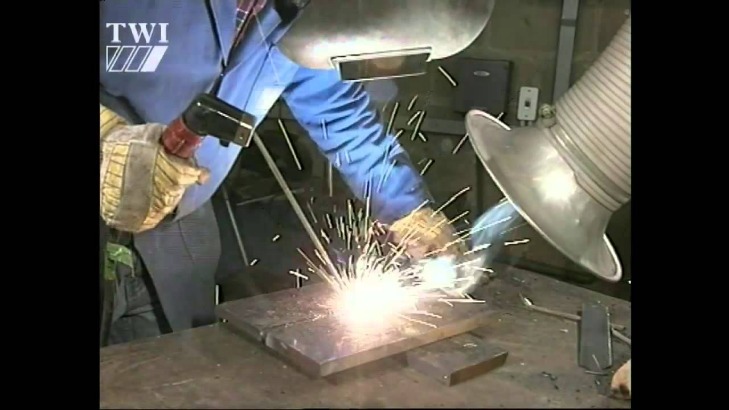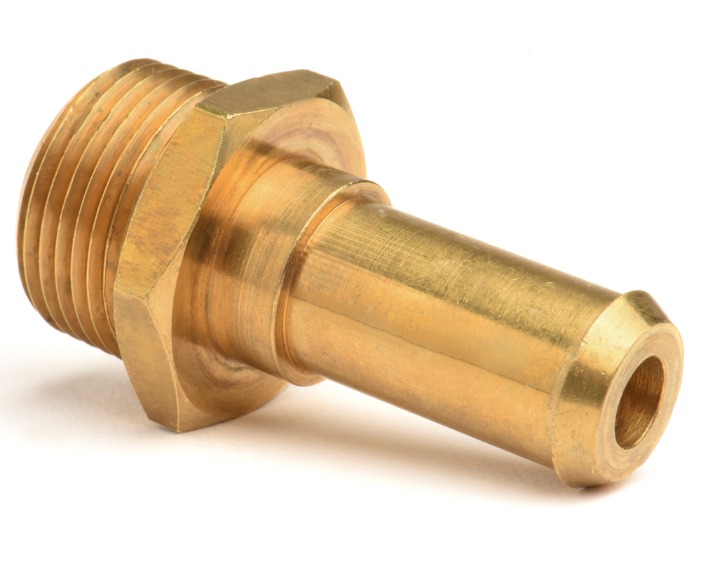The Ultimate Guide to Precision Machining Techniques: A Deep Dive
Industries ranging from construction to manufacturing often rely on advanced Line Boring and on-site machining solutions. These techniques ensure the highest levels of precision and functionality in their operations. This article explores several critical processes, including bore repair, bore welding, slew milling, xy milling, bush install, and face welding.
Critical Machining Services
Line Boring
Line Boring is crucial for restoring the correct centerline of bores. This procedure is particularly vital for machinery and equipment that require high precision alignment. The key benefits include:
- Increased equipment lifespan
- Enhanced performance
- Reduced operational downtime
On-Site Machining
On-site machining offers the advantage of repairing large, immovable parts without needing to transport them to a workshop. Utilizing advanced CNC machines, expert technicians can execute a variety of tasks such as:
- Bore Repair
- Slew Milling
- Face Welding
Specialized Bore Services
Bore Repair
Bore repair is essential for maintaining the integrity of cylindrical spaces within machinery. This usually involves re-machining the bore to its original specifications. Benefits include:
- Prevention of further mechanical wear
- Improved operational efficiency
Read more about Line Boring here.
Bore Welding
Bore Welding is often used in conjunction with bore repair. This technique involves adding material to worn or damaged bores via welding and then re-machining the bore to its original dimensions. Advantages are:
- Cost-effective restoration
- Enhanced durability
Advanced Milling Techniques
Slew Milling
Slew Milling is a specialized milling process used to machine large gear rings, slewing bearings, and other rotary components. Benefits of slew milling include:
- High precision
- Uniform material removal
XY Milling
In XY milling, machinists use a CNC milling machine to cut on axes ‘X’ and ‘Y’. This method allows for intricate designs and patterns to be milled into materials. Key benefits include:
- Versatility
- Increased design complexity
Auxiliary Processes
Bush Install
Bush Install is a process where new bushings are installed to replace worn-out ones. This can greatly extend the life of equipment. Key advantages are:
- Smoother operation
- Reduced friction
Face Welding
Face Welding is the application of a hard, wear-resistant material to a machine’s surface to prolong its life. The benefits include:
- Extended operational life
- Reduced wear
Frequently Asked Questions
What is Line Boring commonly used for?
Line Boring is commonly used for aligning the bores of large machinery to restore them to their original condition.
How does On-Site Machining save costs?
On-Site Machining eliminates the need to transport large equipment to a workshop, significantly reducing downtime and transportation costs.
What is the difference between XY Milling and conventional milling?
XY Milling uses both the X and Y axes for more complex and precise cuts, whereas conventional milling may only use one axis at a time.
Why is Bore Welding preferred in bore repair?
Bore Welding adds material to the worn areas, making it a cost-effective method to restore bores to their original specifications.
Is Face Welding useful for all types of machinery?
Face Welding is particularly useful for machinery that experiences high wear, but it may not be necessary for low-stress applications.
Each of these advanced machining techniques plays a critical role in ensuring long-term operational efficiency and reliability across various industries. By understanding and utilizing these specialized services, businesses can significantly extend the life and performance of their machinery.



